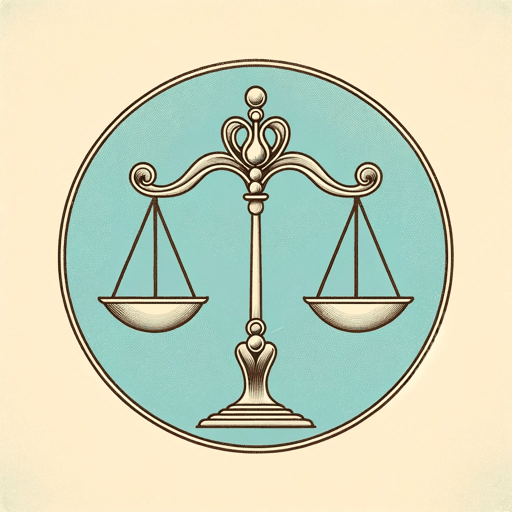35 pages • 1 hour read
Immanuel KantGroundwork of the Metaphysics of Morals
Nonfiction | Book | Adult | Published in 1785A modern alternative to SparkNotes and CliffsNotes, SuperSummary offers high-quality Study Guides with detailed chapter summaries and analysis of major themes, characters, and more.
Key Figures
Immanuel Kant
Immanuel Kant (1724-1804) was a philosopher whose work on morality is considered some of the most influential of all time. Though he wrote on a variety of topics relating to reason and morality, his ultimate philosophical project was concerned with the question of “what contribution does pure reason make to our knowledge of the world and to the government of our actions?” (x). Kant sought to answer by blending elements of empiricism, whose associated thinkers argued that all knowledge and morals are derived from experience; and rationalism, whose scholars asserted certain ideas could be learned intuitively or proved through deductive reasoning. His writings were so influential within the western philosophical tradition that certain moral ideas and thinkers are described as “pre-Kantian” or “post-Kantian.”
Kant was born in Königsberg, East Prussia, a Germanic city now within the borders of modern Russia. He went on to teach in the town’s University, where he was heavily inspired by the work of astronomer Nicolaus Copernicus. A natural scientist by training, much of Kant’s work is highly methodical, and he goes to almost scientific lengths to prove his philosophical ideas. Despite being a prolific writer in a variety of disciplines for his entire career, his breakout work, Critique of Pure Reason (1781), was not published until he was 57.
Related Titles
By Immanuel Kant




